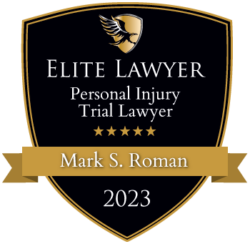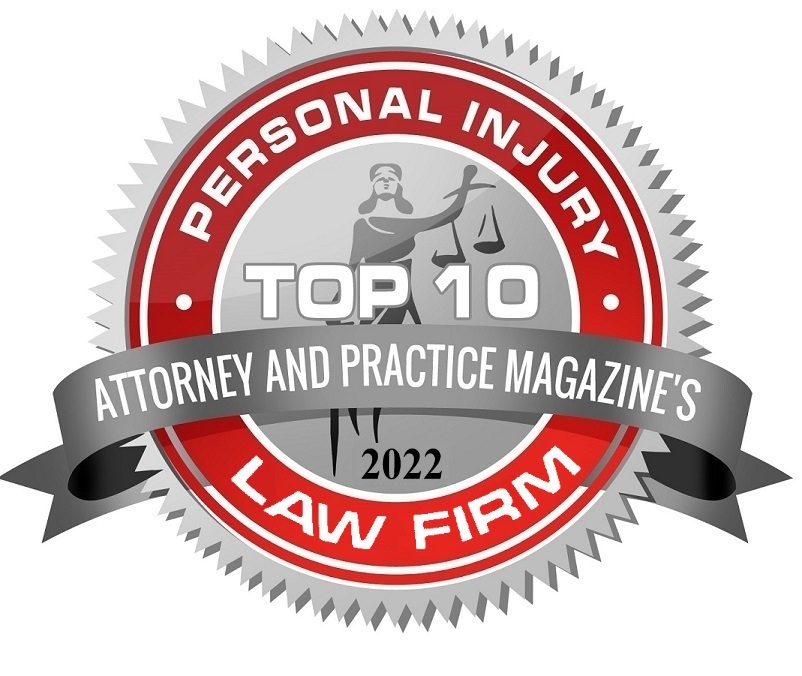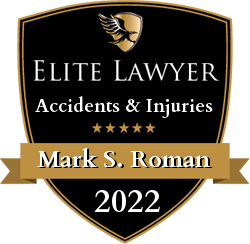Personal Injury FAQ
-
Do I Have a Personal Injury Claim?
Not all injuries and accidents result in a personal injury case. Likewise, not all will justify the time and expense to pursue an injury claim. You can gauge whether you have an injury case by asking the following:
- Were you seriously injured?
- Was someone else responsible?
- Do you have expenses after the accident, such as medical bills or lost wages?
- Do you have non-economic losses like pain and suffering or emotional distress?
If you answered yes to these questions, you likely have a claim. The best way to make sure you have a case is to consult an experienced attorney. Roman Austin would be proud to examine your case and explain your rights and options.
-
Common Injuries in Personal Injury Lawsuits
Tampa personal injury lawsuits arise out of various accidents and injuries. Common injuries include the following:
- Broken bones
- Back injury
- Traumatic brain injury
- Whiplash
- Burns
- Amputation
- Paralysis
- Head and neck injuries
- Soft tissue injury
- Nerve damage
- Spinal cord injury
- Joint injuries
- Crush injuries
- Internal organ damage
- Chest injuries
Seek medical assistance immediately if you are injured in an accident. Delaying or refusing treatment can negatively impact your injuries and a subsequent claim.
Your medical bills, medical records, and photos of visible injuries can be used as evidence to strengthen the validity of your claim.
-
How Much Money Can I Get for My Tampa Personal Injury Case?
It depends. The value of your case depends on many different factors. Those factors are unique to you, and no other previous case provides a perfect example of what you can get. The money you can get for your injury claim will depend on the following:
- The extent of your medical costs
- The amount of work you’ve had to miss
- Whether you’ve endured pain and suffering
- Available insurance coverages
- Whether you shared fault for the accident
- The strength of your evidence
The quickest way to get an idea of the value of your claim is to consult us. Our legal team can record and calculate all your damages, bringing in experts when necessary. We would be happy to help you figure out your case’s worth.
-
How Much Time Do I Have To File a Lawsuit in Florida?
The statute of limitations sets a deadline to file a Florida personal injury lawsuit against another party. For most negligence-based cases, you have two years from the injury date to take legal action. A court will likely dismiss your case if you fail to file your lawsuit within the applicable time frame.
There may be exceptions to the general two-year deadline, meaning you could have less (or more) time to act. Therefore, it’s crucial to speak with a qualified attorney to protect your right to compensation.
-
How to Prove a Personal Injury Lawsuit
Most personal injury claims revolve around negligence. Negligence means that a person failed to act reasonably and injured another person.In order to have a successful negligence claim, you must prove four elements:
- Duty – You must show that the defendant owed you a duty of care. Duties typically arise from the law or from a special relationship between the parties.
- Breach of Duty – You must prove that the defendant breached their duty. You will do this by showing they failed to act like a reasonable person in the circumstances leading up to your accident or injury.
- Causation – You will have to establish that the defendant’s breach caused your accident. You must prove that your injuries wouldn’t have happened had it not been for the defendant’s conduct. You will also have to show your injuries were foreseeable.
- Damages – You must show you suffered damages related to your injury.
You must prove each element to win your case. If you fail to prove just one, you won’t be able to obtain any compensation. This highlights the importance of having a skilled attorney on your side. Reach out to our legal team for help proving negligence and getting justice in your case.
-
What If I’m Partly At Fault For My Accident?
Florida is a modified comparative negligence state. This means that you can recover compensation even if you were partially to blame for your personal injury. You can still recover damages if you are less than 51% at fault for your injuries. However, your compensation will be reduced in proportion to your amount of fault.
You will be barred from recovering compensation if you are more than 50% at fault for your injuries. A skilled Tampa personal injury attorney can help you combat allegations that you contributed to your injuries.
-
What To Do After an Unexpected Injury
Accidents are unexpected and can drastically affect your daily life. Understanding what to do after an accident occurs can help make this challenging time more manageable.
Take the following steps after an accident:
- Get medical attention
- Dial 911 and obtain an accident report
- Exchange insurance details and contact information
- Take photos and videos of the accident scene and injuries
- Gather statements from witnesses
- Notify the insurance provider of the accident
- Consult our Tampa personal injury lawyers
You should never admit fault while at the accident scene or when speaking to an insurance adjuster. Do not agree to provide a recorded statement for the insurance company, as your words can be used against you to deny your claim.
You can avoid making crucial missteps after an unexpected injury by contacting our law firm immediately.








































